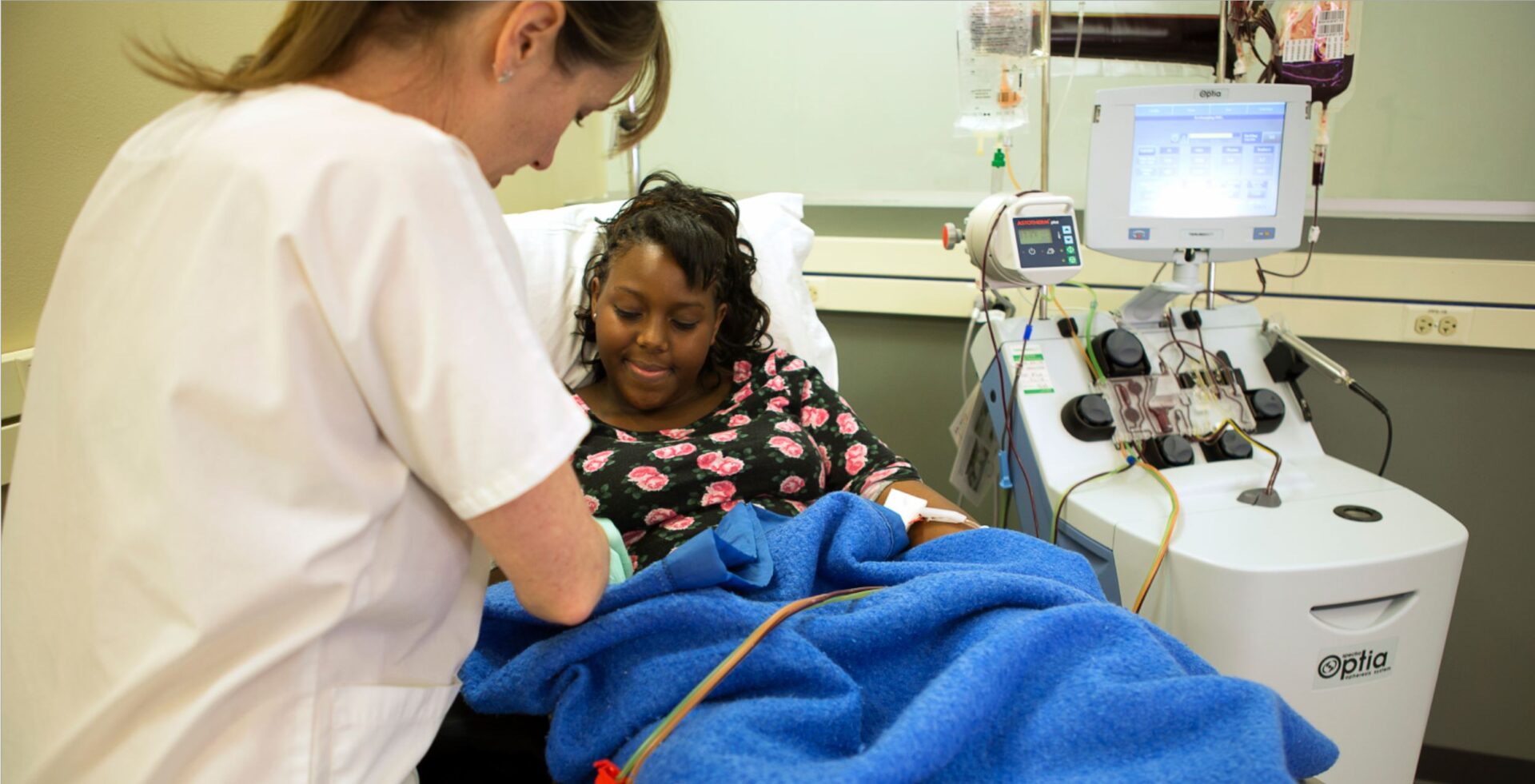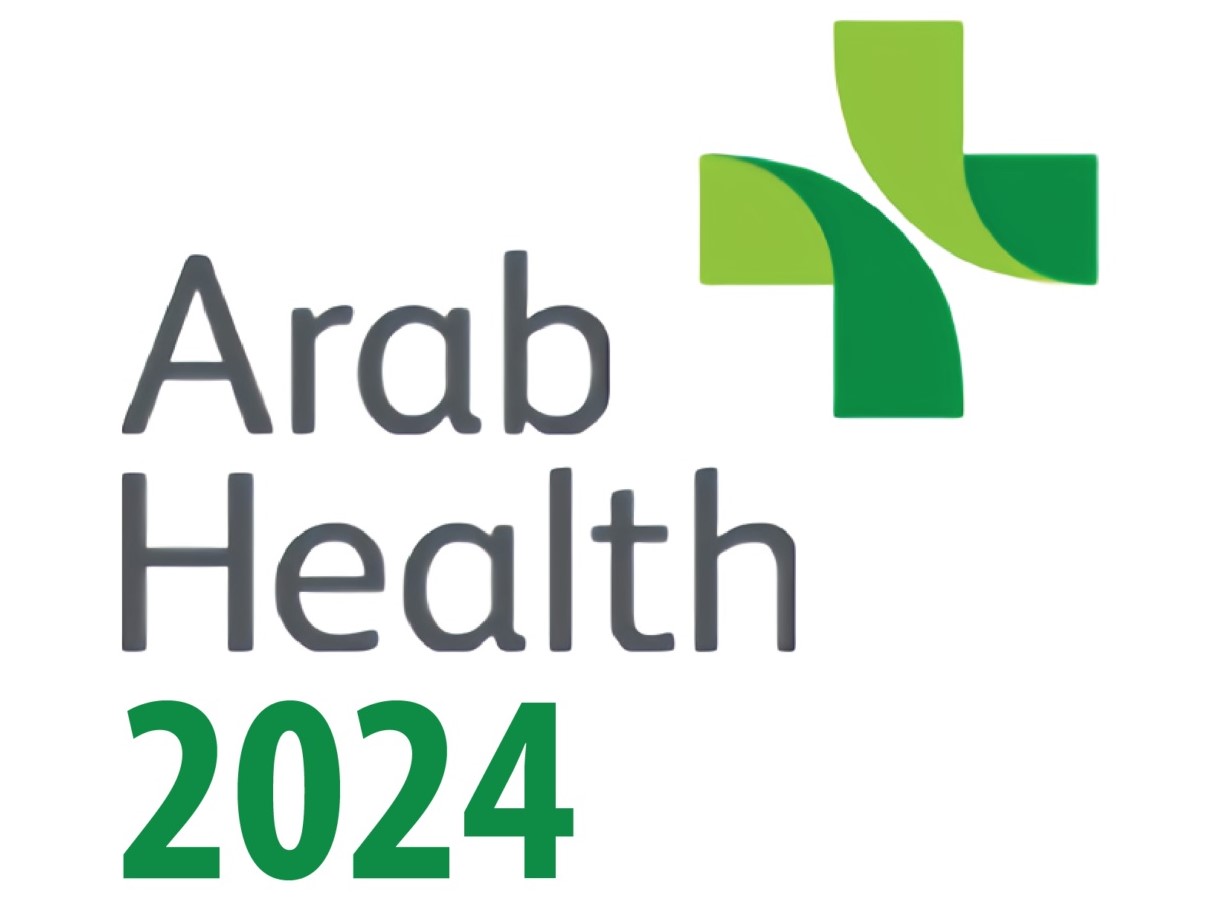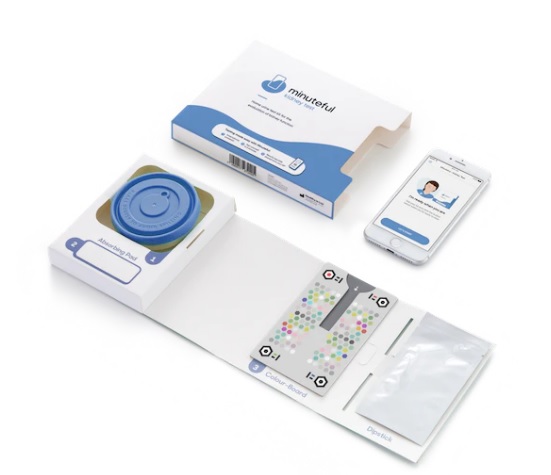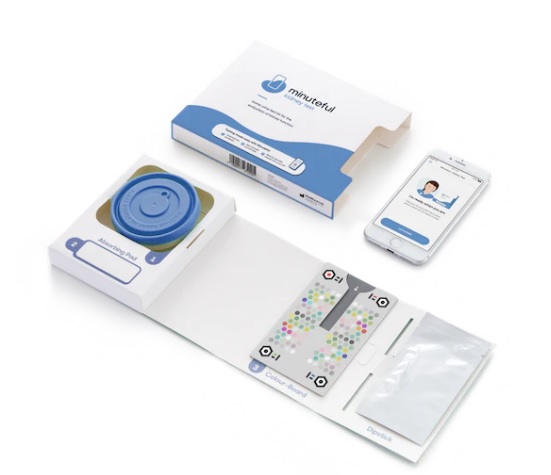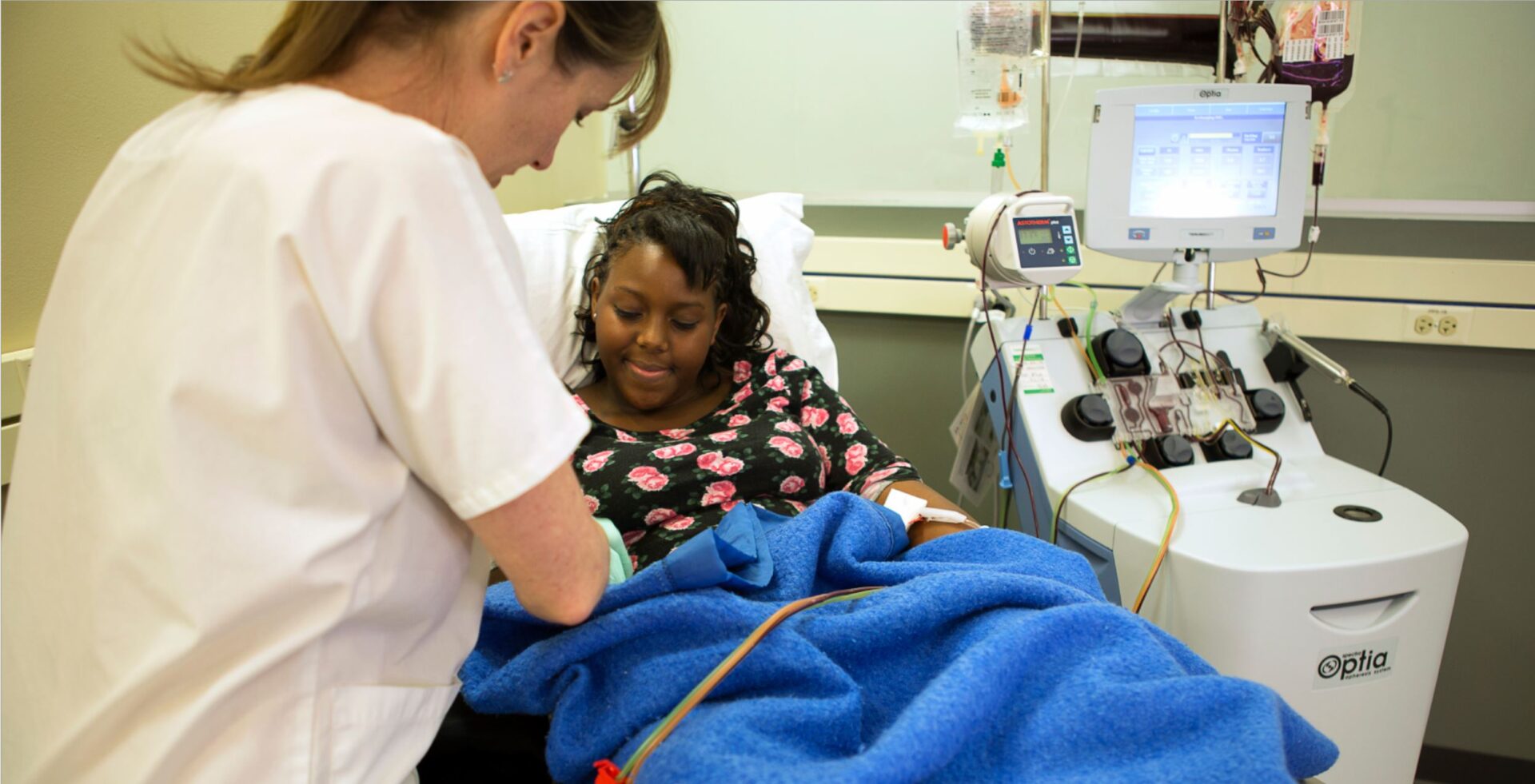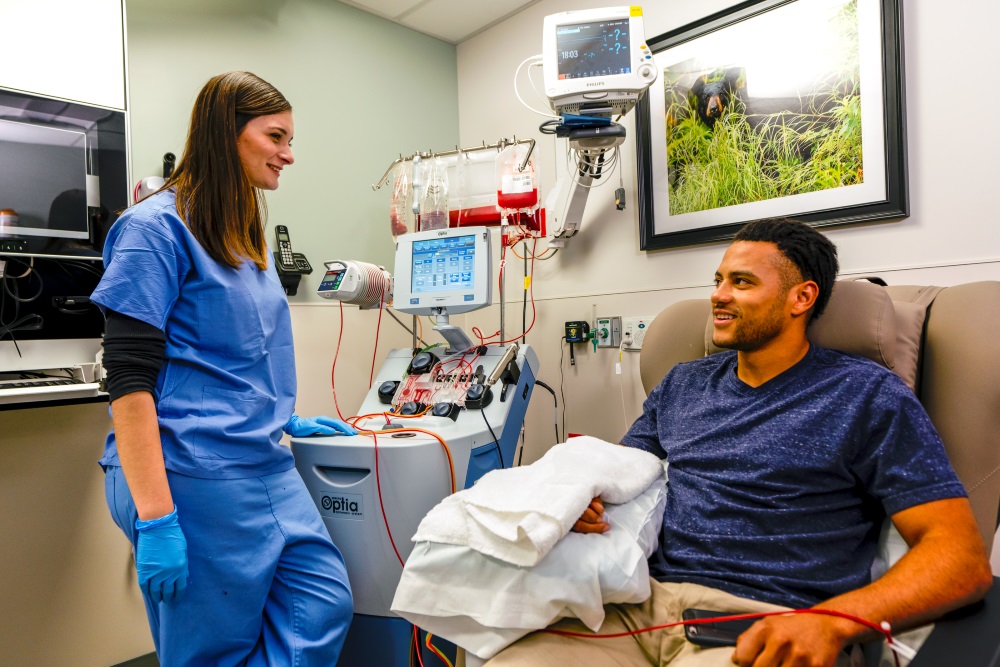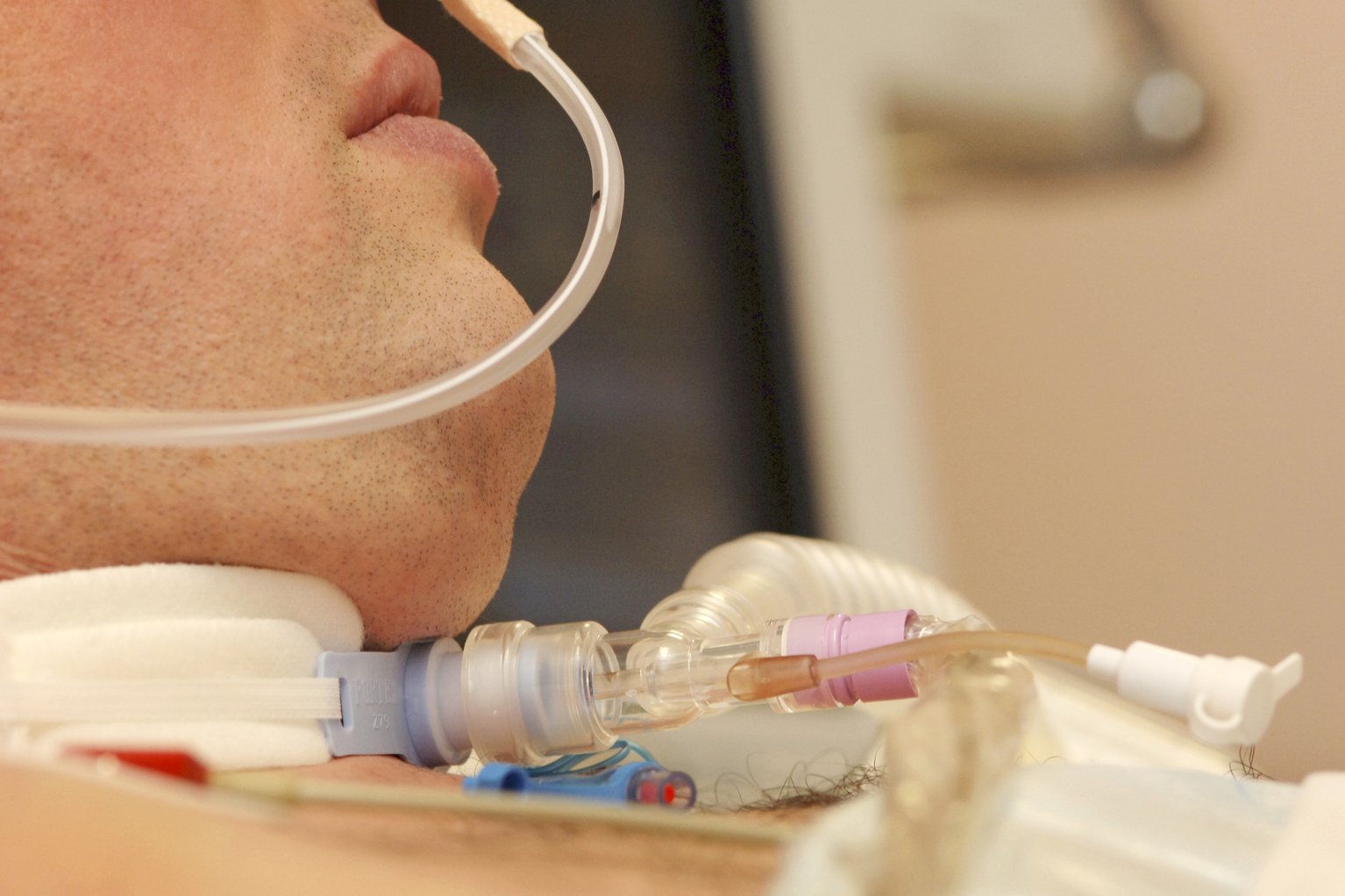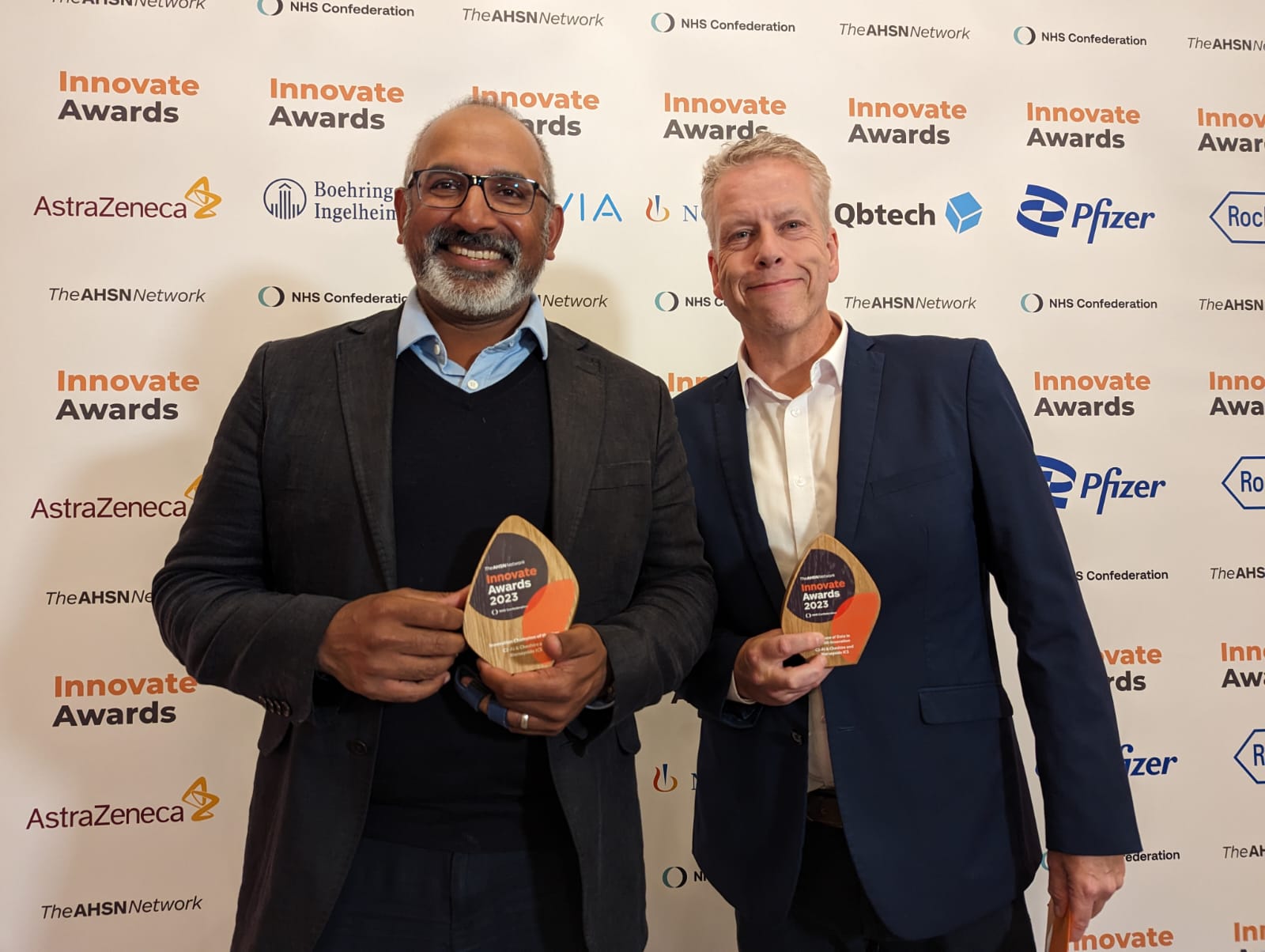
Health inequalities are the differences people experience in health outcomes due to their individual circumstances. They can impact everything from our day-to-day wellbeing to our life expectancy and are usually avoidable. By working closely with their communities, health innovation networks are tackling the causes of these inequalities to improve people’s lives. Inequalities can arise depending [...]

As part of the recent spring budget, Jeremy Hunt, the Chancellor of the Exchequer, announced a £3.4bn package for the NHS, specifically to increase productivity. This included £430m to support digital transformation to increase access and improve services for patients, £1bn to transform the use of data and reduce time spent on administrative tasks, and [...]

Sickle cell disease (SCD) is a serious and lifelong health condition. People with SCD produce unusually shaped red blood cells that can cause problems because they do not live as long as healthy blood cells and can block blood vessels. This can result in suffers experiencing painful episodes, called sickle cell crises, as well as anaemia, [...]

At the Royal Society of Medicine’s Tackling Inequalities conference it was clear from the passion in the room that great progress has been made across the system to better support some of our most under-served communities. To maintain this momentum, we must not just embed tackling health and healthcare inequalities in all that we do, [...]

Hundreds of children, young people, and adults across England suffering from sickle cell disease will soon benefit from better care closer to where they live, following the announcement of a £1.5M investment in 25 red blood cell exchange devices. Funding for the Spectra Optia® Apheresis System devices has been distributed to 22 NHS trusts*, with [...]

Dr Phil Jennings, Vice Chair of the Health Innovation Network and Chief Executive of Health Innovation North West Coast, discusses why the Network’s collective relicensing gives innovation a better chance of success. In any one day in England, 1.2 million people attend a GP appointment, over a quarter of a million people have an outpatient [...]

The Health Innovation Network is exhibiting at Arab Health (Monday 29 January to Thursday 1 February), which is the largest healthcare and medical trade show in the Middle East and North Africa. This year, we will be helping to showcase a number of UK-based innovators to the international healthcare audience. The innovators are: ImproveWell, which [...]

Summary Kidney care costs the NHS more than £1.5bn a year. Healthy.io's Minuteful Kidney home kidney albumin to creatinine ratio (ACR) test identifies more patients at-risk of Chronic Kidney Disease and associated cardiovascular disease. This provides an opportunity to identify patients most at risk, intervene, and improve patient care, which can help prevent the escalation [...]

Kidney care costs the NHS £1.5bn a year. Minuteful Kidney, from Healthy.io, is a home kidney albumin to creatinine ratio (ACR) test. It identifies more patients at-risk of chronic kidney disease (CKD) and associated cardiovascular disease (CVD), which is a leading cause of morbidity, disability and health inequalities. Damian O’Boyle, Director of Client Services at [...]

Technology developed by a Network-supported innovator is being sent by NHS England to 30,000 patients, who are considered most at risk for kidney disease. Minuteful Kidney, from Healthy.io, is a home kidney albumin to creatinine ratio (ACR) test. The trail is part of a £30 million technology and AI innovation fund. Analysis suggests the device [...]

Sickle cell patients have helped identify key priorities to improve access to treatment across England. Published in a new report entitled ‘Appropriateness in access to automated red cell exchange: the patient perspective’, the five priority areas within the sickle cell treatment pathway that require attention and improvement are: Informed decision-making and talking to clinicians; Out [...]

Our new guide to innovation implementation, readiness and resourcing shares practical learning from the successful adoption and spread of our national Focus ADHD programme. Despite the impact of the pandemic on non-emergency services the three-year ADHD programme exceeded its targets and by June 2023 had benefited 65,000 young people. The new guide collates the critical [...]

Major conditions like chronic cardiovascular and lung disease account for a disproportionate share of healthcare resources and are tied to inequalities. Lenus Health provide AI and digital tools to existing care pathways to improve healthcare delivery, reduce admissions and improve outcomes. We spoke to Paul McGinness, CEO and co-founder of Lenus Health to find out more. [...]

Us2.ai is a fast-growing start-up, based in Singapore but now operating worldwide, which is dedicated to tackling CVD and heart disease through pioneering Artificial Intelligence (AI). Its mission is to improve patient outcomes and expand healthcare access by making echocardiograms, the most used tool for the detection of heart risk, available to all. We spoke [...]

Dr George Harston is Chief Medical and Innovation Officer at Brainomix. He is also a Consultant Physician in Stroke and General Medicine at Oxford University Hospitals NHS Foundation Trust. The company’s innovative AI-enabled decision support tools are helping clinicians to rapidly and accurately decide the type and severity of stroke, and the most appropriate treatment. It [...]

In this blog, Mary Aziz, Programme Development Lead at Health Innovation Manchester, explains how Spectra Optia, part of Accelerated Access Collaborative MedTech Funding Mandate policy, helps patients to have better care outcomes and quality of life. Sickle Cell Disease (SCD) is a genetic, life-long condition, detected during pregnancy or soon after birth through the national [...]

Health Innovation Manchester (HInM) has published its Impact Report for 2022-2023. The report details how HInM has delivered against all its key commissions from NHS England and the Office of Life Sciences through 2022/23. Key highlights in the report include: Strong delivery against all national AHSN requirements across its various commissions including delivery to the [...]

The NHS England National Patient Safety Team has published a case study about a successful programme to improve tracheostomy care during the Covid-19 pandemic. The AHSN Network worked with the NHS England National Patient Safety on the programme, which was launched in anticipation of an increase in patients requiring a temporary tracheostomy. This was due [...]

The AHSN Network and its partners have developed a range of evidenced-based resources to support and help prepare people invited for a Structured Medication Review (SMR) with their GP, pharmacist or other healthcare professional. People may benefit from a Structured Medication Review if they are taking several medicines regularly or are taking medicines for long-term [...]

The second annual Innovate Awards were held yesterday (Thursday 21 September) at a ceremony in London, attended by NHS leaders, innovators, and partners. The Innovate Awards, delivered in partnership between the AHSN Network and NHS Confederation, celebrate innovation in health and care. Technology thought-leader and Countdown arithmetician, Dr Anne-Marie Imafidon MBE, hosted the ceremony. [...]

An article by Dr Rishi Das-Gupta, Chief Executive of Health Innovation Network South London, and Digital Transformation and Innovation Lead at the AHSN Network, has been published in a supplement available with The Guardian newspaper. The article is part of a Future of Healthcare campaign and outlines that while the adoption of AI in healthcare [...]

The success of PReCePT, a programme to increase the use of magnesium sulfate to prevent cerebral palsy in premature babies, has been highlighted in a new paper published in BJOG: An International Journal of Obstetrics and Gynaecology. The paper shares the findings of the Health Foundation funded PReCePT study, nested within the AHSN Network’s national [...]

The First episode Rapid Early intervention for Eating Disorders (FREED) programme has achieved several successes, according to the final learning report, which has now been published. These successes include increased access to early intervention for eating disorders, with 2,430 patients receiving FREED treatment, as well as an estimated cost savings to the NHS of [...]

The AHSN Network’s national Polypharmacy programme is helping healthcare professionals identify patients at potential risk of harm from ‘problematic pharmacy’. The programme is also supporting better conversations about medicines by promoting shared decision making, according to the findings of an interim evaluation of the programme’s first year. In England, the NHS primary care system dispenses [...]





